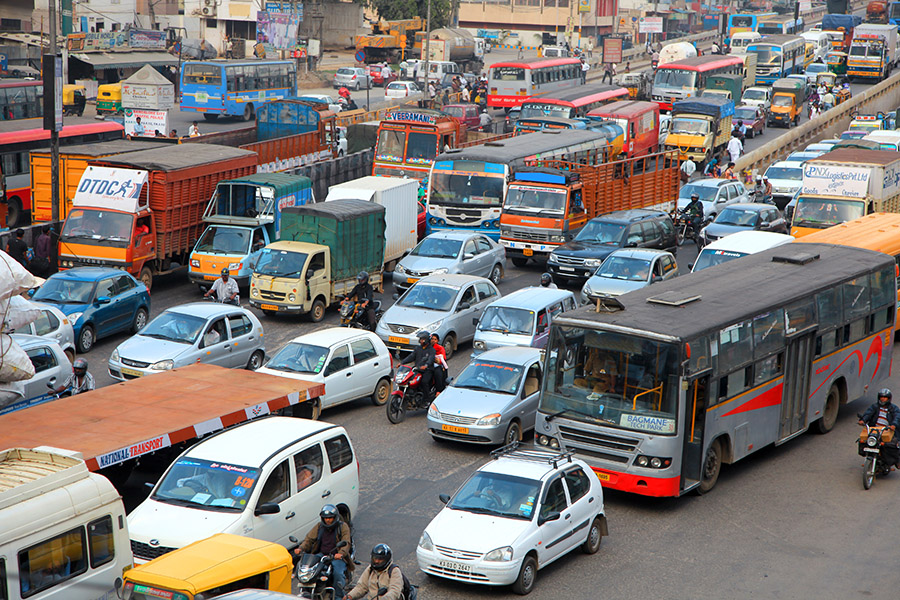
Denver’s Commute Conundrum: Traffic Woes WorsenDenver’s Commute Conundrum: Traffic Woes Worsen Denver, Colorado, has long grappled with a burgeoning transportation crisis, and the latest data paints a bleak picture. According to a recent study released by the Denver Regional Council of Governments (DRCOG), traffic congestion in the Mile High City has reached unprecedented levels. The study, which analyzed traffic data from 2022, found that drivers in Denver experienced an average of 88 hours stuck in traffic annually, an increase of 20 hours from the previous year. This staggering figure exceeds the national average by nearly 30%. The primary culprit behind Denver’s traffic woes is the city’s rapid population growth. The metro area has added over 1 million new residents since 2010, putting a strain on existing infrastructure and roadways. Other factors contributing to the congestion include: * Increased reliance on personal vehicles: Denver has a relatively low percentage of public transportation usage compared to other major cities. * Lack of robust public transportation options: The city’s public transportation system is limited and often unreliable, making it an unappealing alternative to driving. * Poor road design: Many of Denver’s roads are outdated and ill-equipped to handle the growing volume of traffic. The consequences of traffic congestion are far-reaching. Commuters waste countless hours sitting in their cars, which can lead to increased stress, decreased productivity, and a lower quality of life. Businesses experience increased delivery times and shipping costs, impacting profits and economic growth. Efforts are underway to address Denver’s transportation crisis. The DRCOG has proposed a 20-year plan to invest $43 billion in transportation infrastructure, including new highways, public transit lines, and bike paths. However, these projects will take years to complete and may not be sufficient to solve the problem in the long term. Transportation experts argue that a more comprehensive approach is needed. This includes promoting public transportation, encouraging ride-sharing, and investing in smart technology to improve traffic flow. Additionally, policies aimed at reducing the number of vehicles on the road, such as congestion pricing and parking fees, may also be considered. Until these measures are implemented, Denver’s traffic congestion will continue to worsen. The city’s residents and visitors must brace for even longer commute times and the associated challenges that come with them. Without immediate action, Denver’s reputation as a thriving metropolis may be overshadowed by its gridlocked streets.
Posted inNews